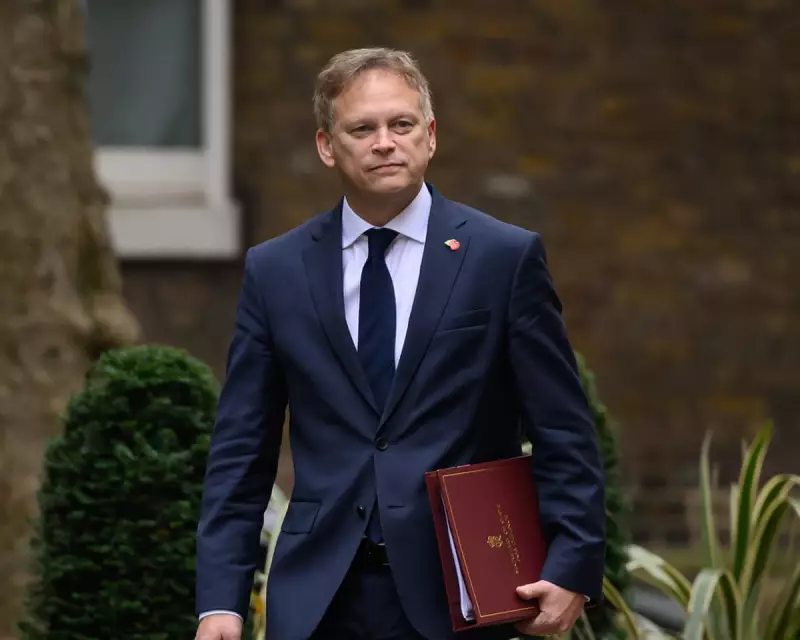
Defence Secretary Grant Shapps has ignited controversy after confirming the use of a superinjunction to prevent the publication of leaked documents related to Afghanistan. The move has drawn sharp criticism from transparency advocates and opposition MPs, who accuse the government of suppressing vital information.
What is a Superinjunction?
A superinjunction is a legal order that not only bans the reporting of specific details but also prohibits any mention of the injunction itself. In this case, it was used to block media outlets from disclosing classified documents concerning UK operations in Afghanistan.
Why the Backlash?
Critics argue that the government is prioritising secrecy over accountability, especially on matters of national security and military conduct. Labour’s shadow defence secretary described the move as "an assault on press freedom," while civil liberties groups warn of a dangerous precedent.
Shapps’ Defence
Shapps defended the decision, stating that the injunction was necessary to protect "sensitive operational details" and ensure the safety of personnel involved. He emphasised that national security must sometimes outweigh public scrutiny.
Broader Implications
The row raises questions about the balance between government secrecy and the public’s right to know. With increasing use of legal measures to suppress information, concerns are growing over democratic transparency in the UK.





